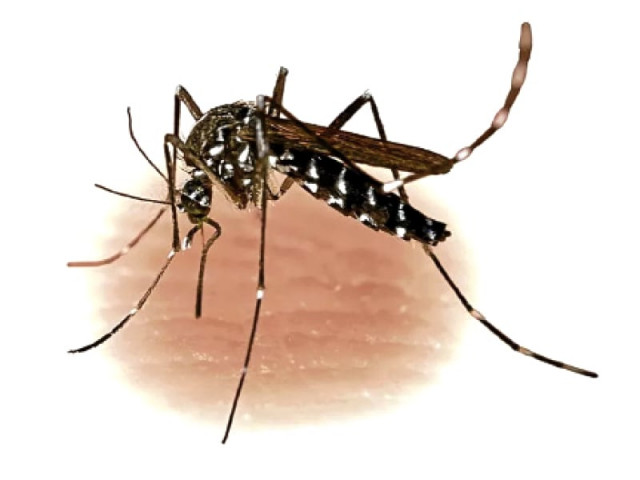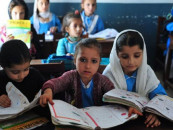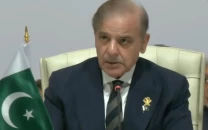Risk of complacency: Underfunded, the malaise of the malaria control programme
Delay in release of funds, post-devolution confusion hampers effectiveness.

Delay in release of funds, post-devolution confusion hampers effectiveness.
Some reasons for the inefficacy of Malaria Control Programme in Pakistan are the lack of political commitment and coordination, and the scarcity of financial and human resources, especially after the health ministry’s devolution.
Sharing loopholes in the programme with The Express Tribune, Malaria Control Programme Director Dr Aslam Khan said the total cost of the programme for the years 2008-14 amounted to Rs658 million. So far, however, the government has only released Rs125 million.
“Currently, the programme is being run solely on donor funding and if that is also hampered, the programme would entirely come to a halt. Despite their commitment to the international donor, the government has not yet fulfilled its obligation by releasing the said amount for the programme,” said Khan.
Delving into details, he said that Global Funds had provided $21 million for the duration 2007-10, and $52 million for 2010-2014. Furthermore, the Malaria Control Programme plans to request an additional $52 million for the next three years, added Khan.
Following the passage of 18th Amendment, the MoH was devolved to the provinces, but the federation still has to conduct monetary interventions and provide technical assistance to the provinces to ensure universal coverage.
“It has become too difficult to bear the operational and non-operational expenses of the programme at a federal level,” said Khan.
The programme is also facing a scarcity of human resources at the federal level, as only 38 people are operating it, out of whom six constitute the technical staff and the rest look after administrative work.
“We need at least 15-20 more people to improve our performance,” said Khan.
He opined that a lack of political commitment in eliminating malaria from the country is one of the major factors delaying the release of funds. Malaria Day is observed every year on April 25, but the programme does not even have enough resources to run an awareness campaign on the issue.
World Health Organization’s (WHO) Focal Person for Vector Control Dr Qutbuddin Kakar informed that in Pakistan, malaria really has re-emerged as a major cause of morbidity.
“It is on the rise but sadly, due to the absence of a proper information system, most of the in-hospital cases go unreported,” lamented Kakar.
Moreover, there is a lack of coordination between the federal and provincial health departments on the subject of Malaria Control Programme, resulting in wastage of funds.
“There should be one clear strategy to control malaria on a national level, followed by all the provinces to achieve the national target,” said Kakar.
Delay in the release of funds by the government could actually impact the programme’s overall performance adversely, he warned.
The WHO rounds up an estimated burden of 1.5 million annual cases in Pakistan, making it qualify as a group 3 country in the Eastern Mediterranean Region with the likes of Afghanistan, Somalia, Sudan and Yemen. These countries account for 95% of the total regional malaria burden.
“The government’s focus has shifted completely from malaraia control to dengue control,” said Dr Arif Munir from the Pakistan Medical Research Council. “The government should have an integrated approach to deal with all kind of insect-related diseases,” he suggested.
Global warming has increased the chances of more insect-related diseases, added Munir. Expressing his concern over 28 per cent of pregnant women and children under the age of five using medicated mosquito nets, he indicated their increased vulnerability to malaria or dengue fever.
Published in The Express Tribune, April 27th, 2014.



















COMMENTS
Comments are moderated and generally will be posted if they are on-topic and not abusive.
For more information, please see our Comments FAQ